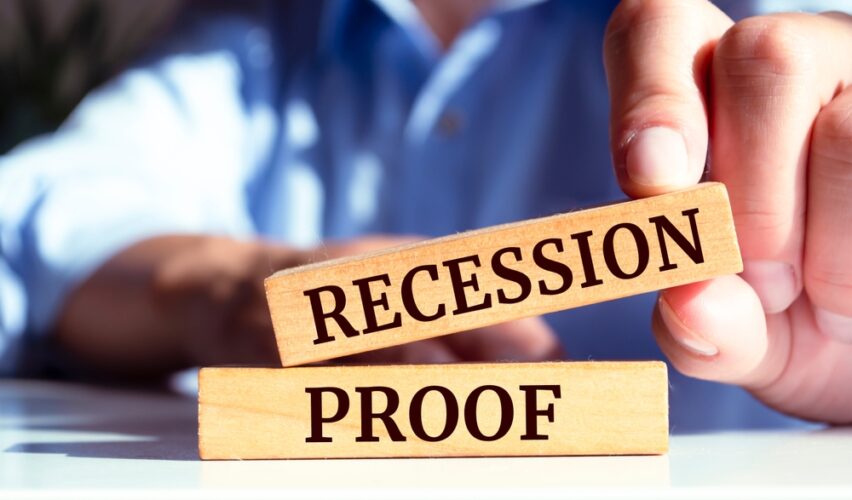Though no one can accurately predict the severity of the next major recession or when it will happen, it’s wise to include the possibility in your federal retirement plan. Here are a few strategies to help recession-proof your retirement.
Rethink Your FERS Retirement Date
As a FERS participant with 30 years of creditable service, you can retire with an immediate annuity at your minimum retirement age (MRA). Depending on the year you were born, your MRA can range from age 55 to 57. Or, you can retire at age 60 with a minimum of 20 years of creditable service. Though it may seem exciting to retire at a relatively young age, the possibility of a recession is a good reason to consider working a few years longer.
“Add to this, age 62 is when FERS retirees become eligible to receive Cost Of Living Adjustments (COLAs).”
Consider Working Until Age 62
If you retire at age 62 (or older), with at least 20 years of creditable service, your FERS pension gets a nice 10% bump for the rest of your life. Instead of calculating your annuity using the standard 1% formula, your annuity will be calculated with the 1.1% formula at age 62. Add to this, age 62 is when FERS retirees become eligible to receive Cost Of Living Adjustments (COLAs).
Delay Social Security Benefits
Your Full Retirement Age (FRA) is when you’re eligible to receive 100% of your earned Social Security benefit. For those born in 1960, the FRA is now age 67 and it will remain at 67 for everyone born in 1960 or later. When you delay filing for Social Security, you earn credits that increase your benefit by 8% per year until age 70 when the credits end. Add to this, your benefit will be indexed for a cost of living adjustment (COLA) for each year you wait beyond your FRA.
Consider Buying A Fixed Indexed Annuity
A Fixed Indexed Annuity (FIA) is an insurance product you can purchase from a private insurer that provides you with guaranteed income for life. Also known as a Hybrid Annuity, it offers a minimum guaranteed interest rate combined with an interest rate linked to the performance of an outside index such as the S&P 500.
If your index performs well, the value of your annuity increases. However, if there’s a stock market downturn, you don’t lose money because fixed indexed annuities have no underlying investments. As with other types of insurance, you’ll pay a premium but you’ll eventually stop making premium payments and your annuity will start paying you.


























